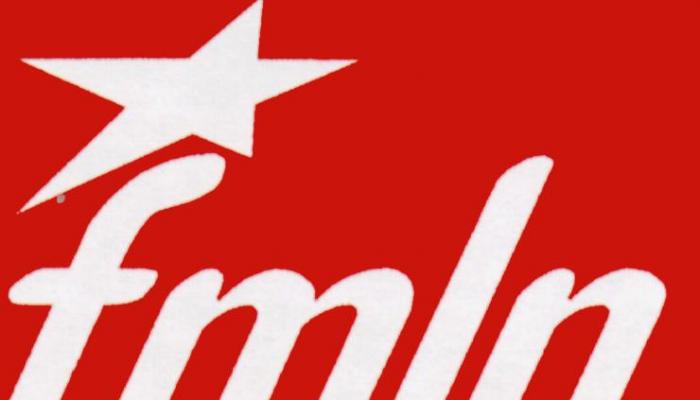Improved health assistance, better education and a higher standard of living for all of the Salvadoran population are included among the main concerns of the ruling government’s Farabundo Martí Front for National Liberation in the Central American Republic of El Salvador and this has been its concern of that governmen for the past four years.
This, without doubt, is the reason why the Salvadoran electorate endorsed the Farabundo Martì Front with just short of 50% of all votes counted after this past Sunday's general elections.
Although the Front did not obtain 50% + 1 of the national vote, it did win a majority, with a significant margin over its closest rival, the ultra-right wing Nationalist Republican Alliance, also known as ARENA, an organization regarded by many as riddled with corruption, mismanagement and outright scandal.
ARENA conducted a scare campaign against the Front but only managed to obtain 38.96% of the votes, against 48.92% for the representatives of democracy.
According to the Salvadoran Electoral Code, both the FRONT and the ARENA will have to face a new election, to decide the winner by 50% +1 of the vote. Electoral code changes included this time the authorization for
Salvadoran citizens who reside abroad to elect the Head of State and the Vicepresident. This decision is particularly important because it is estimated that one fourth of the Salvadoran citizens live abroad. Up to now, they were excluded from the possibility of choosing the President of the Republic and other high officials.
The electoral success of the Farabundo Marti for National Liberation is attributed to the economic and social advances introduced by the administration of President Mauricio Funes. In the educational field, the Front's Government spent many millions of dollars to keep children in school, it improved the lot of teachers and introduced advanced programmes for public health and school nutrition. Food, milk, school uniforms and shoes as well as books and other materials are all supplied to the students free of charge.
At the same time, the Farabundo Martì Government’s economic stimulation led to an increase of 100,000 new jobs in medium and small business concerns, a fact that increased taxes paid to the Salvadoran State to the tune of 220 million dollars.
It was the victory of the progressive forces over the right wing in the elections of March, 2009 that paved the way for the introduction of social improvement programmes, and these have left a deep impact in the Salvadoran national fabric.
It is evident that the Salvadoran electorate is choosing, once again, democracy over oligarchic rule, over corruption, mismanagement and outright repression.
Everything points to the progressive forces and victory in the elections of next March in El Salvador to decide who is the winner between the contending forces: a regessive right wing -with a long history of mismanagement and corruption—or a progressive left represented by the Farabundo Marti Front for National Liberation.


